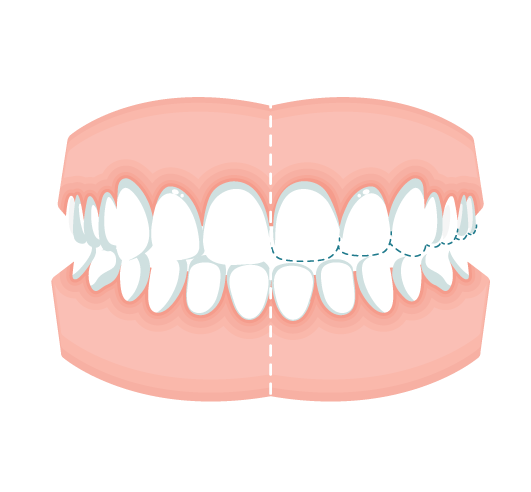Stress and Anxiety
Psychological factors and mental disorders are closely linked to teeth grinding during sleep. Nearly 70% of bruxism cases occur as a result of stress or anxiety. Interestingly, certain personality characteristics are also considered predisposing factors for some health conditions. Having a personality type that’s aggressive, restless or competitive can increase your risk of bruxism.
Sleep Disorders
Research shows that bruxism is also frequently found in people who have sleep-related disorders, such as obstructive sleep apnoea (OSA). OSA is a serious condition that causes your airway to temporarily close, stopping you from being able to breathe. When the airway finally opens up again, you’ll produce a loud, violent snore, known as an apnoea. It’s a high risk factor because the aftermath of an apnoea occurrence can often involve teeth grinding.
Lifestyle
Smoking, drinking a lot of caffeine, and drinking alcohol are all associated with a higher risk of bruxism. Teeth grinding is also fairly common in younger people, and those with a higher educational status. Medication can play a part too: some psychiatric medications, such as certain antidepressants, can lead to bruxism.
Family
Sleep bruxism is often a pattern in families, with 21-50% of bruxism sufferers having an immediate family member who also has the condition. If you grind your teeth, other members of your family might also have bruxism or a history of it. You may be more likely to develop the condition if you experience one or more of the potential causes listed here. For example, compared to a person with no bruxism sufferers among their family, you could be more likely to develop the condition as a side effect of taking an antidepressant.
Health Disorders
Teeth grinding can be associated with some mental health and medical disorders. These include Parkinson’s disease, dementia, attention-deficit/hyperactivity disorder (ADHD), epilepsy and night terrors.

